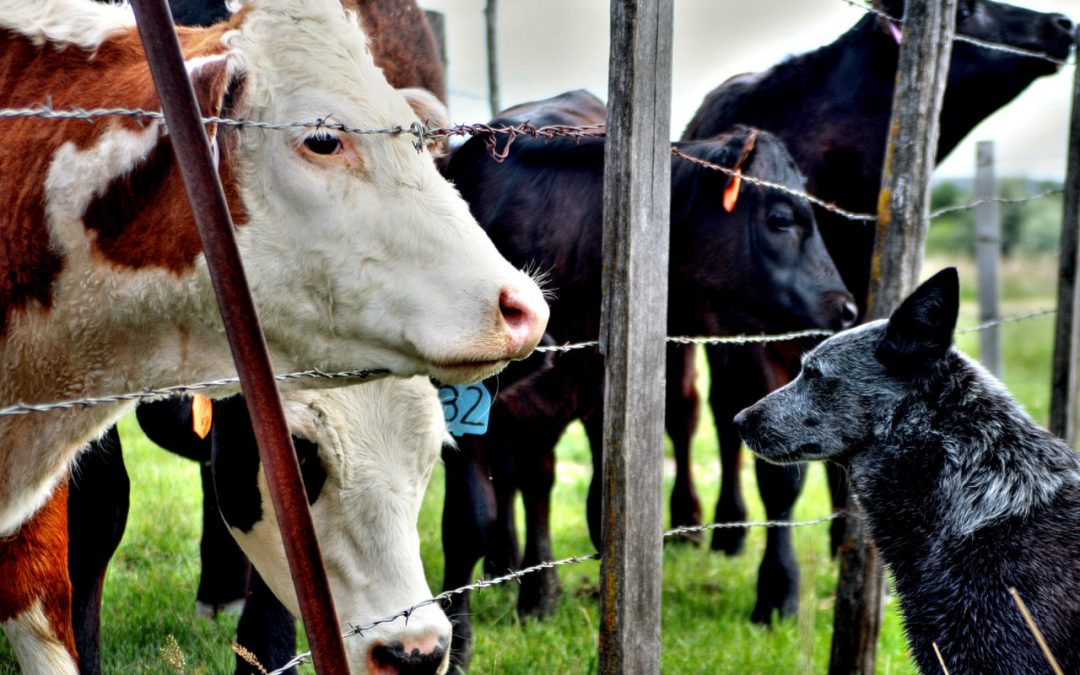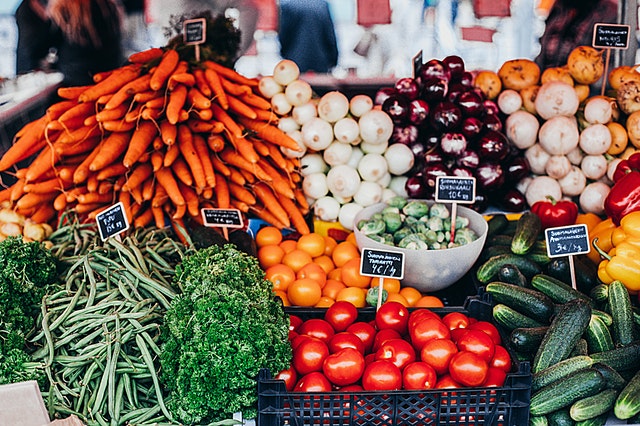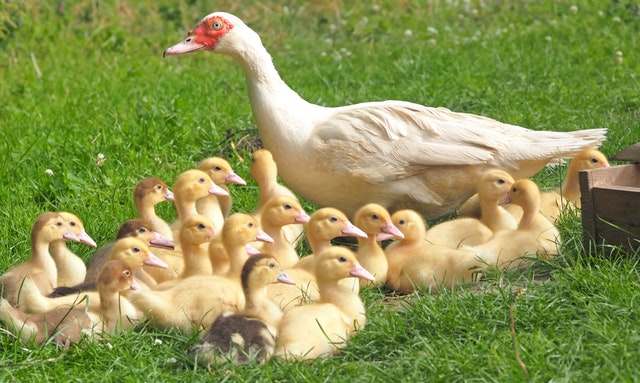My relationship with plant based eating is similar to my relationship with health in general: something I aspire to, but something that I’ve ultimately been inconsistent with. Back in 2009 I was vegetarian for around 6 months and lost around 50 lbs (23 kg) of weight, but I went back to meat ultimately. During this time I felt a lot better, slept better, looked better, pooped better – but I gave into the cultural pressure to eat meat again.
My struggle with my weight
Any benefit I received from going vegetarian is long gone because it’s not something that I was consistent with. In fact, in April of 2017 I was the heaviest and most unhealthy I have ever been. I had reached 332 lbs (150kg), was pre-diabetic, had high liver enzymes and had alcoholic fatty liver disease. I started working with my doctor to lose weight and reverse some of these issues and was somewhat successful – I quit drinking, worked out with a personal trainer and lost around 60 lbs (27 kg) – but I was still ultimately unhealthy. My lifestyle change, with the exception of quitting drinking, is not something that I kept up with.
I worked out with the trainer for 1.5 years, but then I stopped because it got expensive. And my transformation stopped. Even though I had quit drinking, I continued to emotionally eat and be generally sedentary. Despite most other lab results returning to normal, the fatty liver is a persistent issue. So I’ve decided that it’s time to make a change. Through a combination of reading, online articles, documentaries, discussion with my doctor and the general trendiness of going plant based – I’ve decided that that is the best option for me.
I was successful in the past, it’s better for the environment, it’s significantly better for health and it helps cut down on animal suffering. Plus, as a Buddhist, it’s the ethical thing to do, consistent with my philosophical views.
Going Plant Based for Health
The biggest personal factor for me in going plant based is for the sake of my health. Animals are cute, the environment is important, but if I die young from some chronic disease, the other factors won’t matter anymore. Dr. Dean Ornish, a medical doctor who became famous for his work with The China Study, has done a ton of research on plant based diets and health. His findings show that many, if not most, chronic health conditions improve or go away entirely on a plant based diet. This includes diabetes, heart disease, some forms of cancer, liver disease and risk for alzheimer’s.
Most older members of my family who have passed away either died from cancer or heart disease – so those are big factors for me. I’ve also personally been impacted by fatty liver – through a combination of being overweight and my past drinking – which I want to reverse through diet.
Here are some more considerations concerning plant based eating and health:
- The majority of antibiotic use in our society is on factory farmed animals. This is not only bad for our health and the environment, but it’s the leading cause of antibiotic resistance.
- Plants don’t have cholesterol, so by eating a plant based diet, one is unlikely to ever have issues with high cholesterol (which contributes to heart disease).
- Animal products – particularly red meat and dairy – are inflammatory. Inflammation is the leading cause of chronic illness, particularly high blood pressure. High blood pressure is a risk factor for heart disease and stroke.
- Animal fat, particularly that from dairy and red meat, are one of the leading risk factors for Type 2 Diabetes. Even more so than refined sugar.
- It’s very difficult to be overweight on a plant based diet because plants are very low in calories. I’ve been overweight most of my life and I would like to go into my 30s with a plan to be normal weight while I’m still at an age where it’s easy to lose weight.
Going Plant Based for the Environment
Whether you believe in science or not regarding climate change, the fact that animal agriculture is horrible for the environment is irrefutable. Cows are the number one producer of greenhouse gasses (carbon dioxide and methane). Additionally, animals are a huge cause of pollution, especially pigs. Their waste is collected into huge pools of (literal) shit which often find their way into waterways. Not only does this pollute the water we drink, but it pollutes the water used to water crops, which leads to issues with food contamination like we’ve seen this year with romaine lettuce.
Livestock are a huge cause of deforestation, particularly in the rainforests. Other countries have decided that they want to eat as much meat as Americans do, so they are burning or clear cutting huge sections of rainforest for grazing land. The rainforest is the most biodiverse biome in the world – our demand for meat is destroying the home of thousands of unique species, leading to mass extinctions.
The rainforest is also super important for decreasing the amount of carbon in the atmosphere. Plants breathe CO2, removing it from the atmosphere, and breathe out O2. So we’re not only removing that which helps clean the atmosphere of carbon, but we’re using the land we’ve cleared to feed the largest carbon producer: cows, exponentially increasing the amount of carbon we’re adding to the atmosphere.
And finally, being from a dry state (California), I’m constantly aware of how precious fresh water is. We don’t have enough of it and as the earth warms, we’ll have even less. Not only do animals require a lot of water, but they eat large amounts of plants, which also require water. To produce one steak requires 4650 liters (1224 gallons) of water. Comparatively, an apple only requires 70 liters of water (18.4 gallons). Going plant based saves tons of water.
Going Plant Based for Animal Welfare
Animals are sentient beings. They have feelings. Like human (animals) they can feel pleasure and joy, despair and fear, and many other emotions. Like us, they want to be free, happy and raise their young in peace.
Even if you don’t think animals are sentient, it is irrefutable that factory farming is cruel and miserable. Animals live miserable lives in small cages, sometimes where they can’t even turn around. They experience physical pain from having their teeth and nails clipped, horns burned off and ear tags attached. Sometimes they are forced to stand on broken bones – or in the case of chickens are bred to have such big breasts that they can’t stand up at all.
And that’s just the animals used for meat. The dairy industry is just as bad. Baby cows are taken from their Mom almost immediately after birth. Because farmers want her milk for human consumption, not for her baby, which is what it is intended for. If it’s a female calf, it’s raised as quickly as possible so that it, too, can be impregnated to produce milk. If it’s a male calf, it’s confined to a small enclosure and sold off as veal. I’ve seen this practice first hand on a small Mexican dairy farm – and the animals have a much better life on this small family farm than they do on large factory farms in the US.
Chickens have their eggs taken away, never to see them hatch. If they hatch to be females, they are enslaved to make more eggs. If they are male, they get thrown into a meat grinder, still alive, since they can’t lay eggs. Lambs are taken from their mothers. Piglets are taken from their mothers. It’s just a horrible practice. And it’s not necessary.
The Plan
Everything I’ve read says that you shouldn’t go cold turkey. You need to transition gradually. So I’ve stopped buying meat and most animal products. But I do intend to use up that which I already have on hand. From there I will completely stop eating meat. Next, I will begin to cut eggs. Finally, I will cut out dairy.
Now I don’t intend to be militant. I don’t have any interest in proselytizing. If I’m traveling internationally and vegan options aren’t available, I will eat what is available. But as a whole, my goal is to follow a whole foods plant based diet. It’s better for me, it’s better for animals and it’s much better for the environment.
I also plan to work toward generating as a little waste as possible by buying bulk items (without plastic), making my own cosmetics and generally being mindful for the trash I add to landfills.




